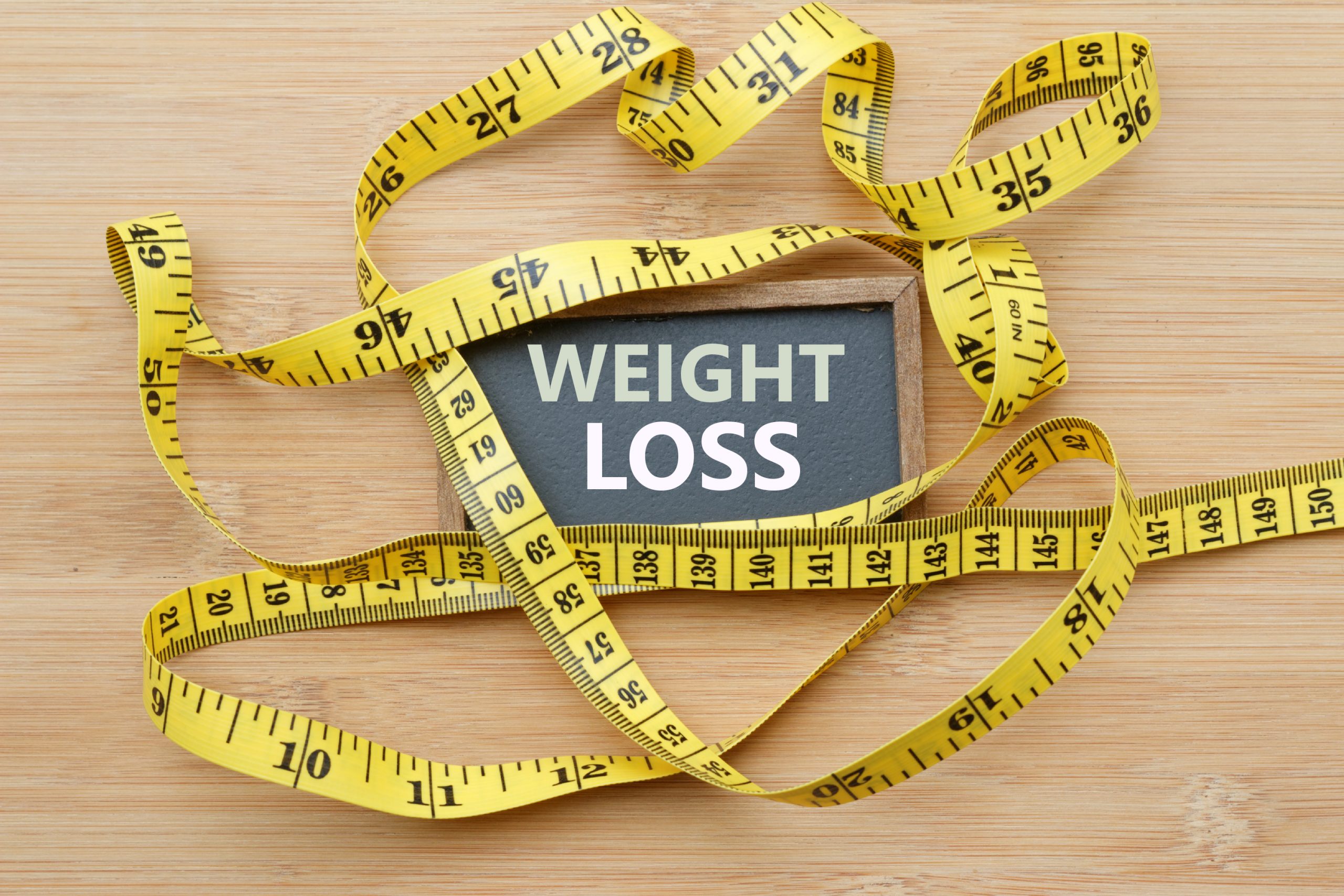When it comes to weight loss, finding an effective and sustainable approach is crucial. One popular strategy is adopting a low-carb diet, which involves reducing carbohydrate intake and focusing on protein, healthy fats, and non-starchy vegetables. A low-carb diet offers several benefits that can help you shed excess pounds and improve overall health. In this article, we will explore the benefits of a low-carb diet for weight loss and provide insights into how it can support your health and fitness goals.
- Reduced Caloric Intake:
A low-carb diet naturally reduces overall caloric intake. Carbohydrates, particularly refined and processed carbs, tend to be high in calories and lack essential nutrients. By minimizing carb intake and replacing it with protein and healthy fats, you can create a calorie deficit, which is essential for weight loss. This approach can help you achieve sustainable weight loss without feeling excessively deprived or hungry.
- Increased Satiety and Reduced Cravings:
One of the significant advantages of a low-carb diet is its ability to enhance feelings of fullness and satisfaction. Protein and healthy fats take longer to digest than carbohydrates, providing a lasting sense of satiety. This can help reduce hunger pangs and cravings, making it easier to stick to your dietary plan and avoid excessive snacking or overeating. Feeling satisfied and content after meals is crucial for maintaining a calorie deficit and achieving successful weight loss.
- Improved Blood Sugar Control:
Carbohydrates, especially those high in refined sugars and simple sugars, can cause spikes in blood sugar levels. These spikes lead to subsequent crashes, leaving you feeling hungry, fatigued, and craving more food. By reducing carbohydrate intake, particularly those from refined sources, a low-carb diet can help stabilize blood sugar levels, preventing those energy crashes and reducing the likelihood of overeating or making poor food choices. Improved blood sugar control is not only beneficial for weight loss but also for overall health and reducing the risk of chronic conditions like diabetes.
- Increased Fat Burning:
A low-carb diet shifts the body’s primary fuel source from carbohydrates to fat. With limited carbohydrate intake, the body enters a state of ketosis, where it starts using stored fat as a source of energy. This process can accelerate fat burning and promote weight loss. Additionally, the metabolic adaptation to using fat as fuel can help improve insulin sensitivity and support a more efficient metabolism.
- Preserved Lean Muscle Mass:
When following a low-carb diet, protein becomes a crucial component of your meals. Protein is essential for maintaining and building lean muscle mass, which plays a significant role in supporting weight loss. By preserving muscle mass, you can boost your metabolism and ensure that weight loss primarily comes from fat rather than muscle. This is important for maintaining a healthy body composition and achieving long-term weight management.
- Reduced Water Retention:
Carbohydrates can cause water retention in the body, leading to bloating and a temporary increase in weight. When you reduce carbohydrate intake, your body begins to release stored water, resulting in a decrease in bloating and a drop in the number on the scale. This initial water weight loss can provide immediate motivation and encourage continued adherence to the low-carb diet.
- Improved Heart Health and Blood Lipid Profile:
A low-carb diet, when structured around healthy fats and lean proteins, can improve heart health and blood lipid profile. By reducing refined carbohydrates and replacing them with healthy fats such as avocados, nuts, and olive oil, you can increase good cholesterol (HDL) levels and decrease triglyceride levels. This can contribute to a healthier cardiovascular system and a reduced risk of heart disease.
In conclusion, a low-carb diet offers several benefits












